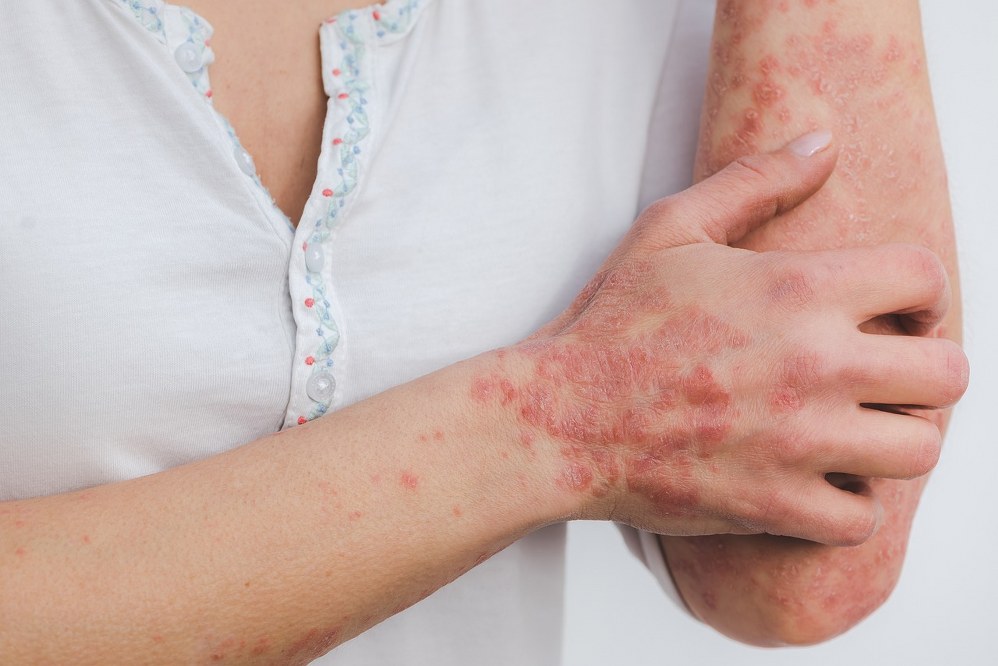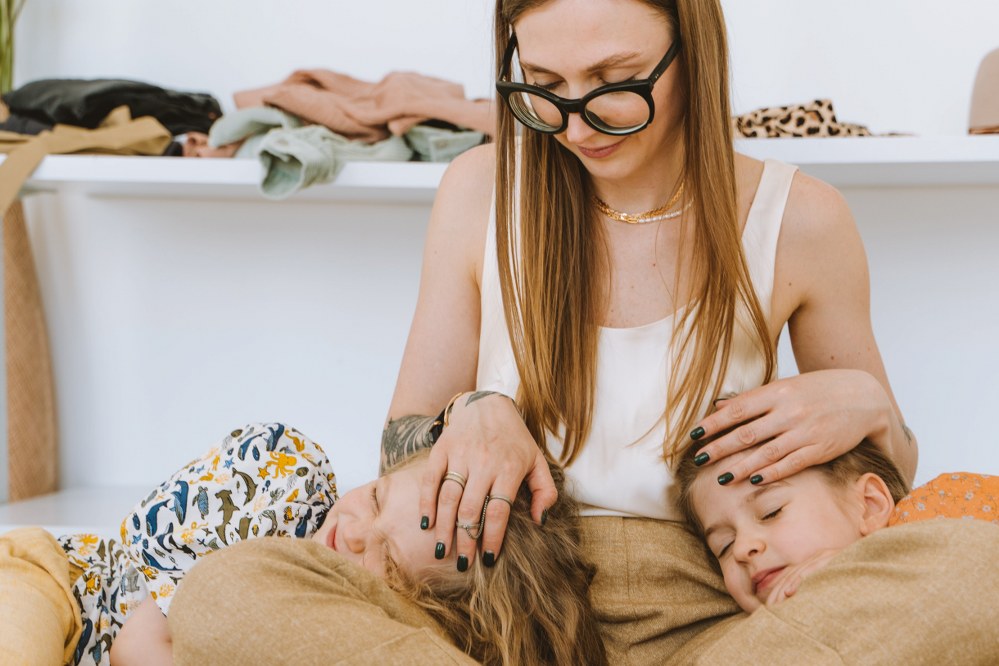If your child develops psoriasis, it can be a stressful and challenging time for both you and your offspring. Even a mild form of psoriasis can be uncomfortable, and the red, itchy plaques caused by the condition can also make your child feel self-conscious, giving the complaint an added psychological component.
As a parent it can be very difficult to watch your child cope with a skin condition, and you may find that you struggle with feelings of powerlessness as you try desperately to find a solution that will make them more comfortable as quickly as possible. Unfortunately, because psoriasis is a chronic condition, and because no one treatment is effective for every sufferer, helping your child cope can often be a challenge. Fortunately, there are a number of treatments you can try, and there are also various other ways you can help your child to deal with the emotional side effects of living with psoriasis.
Read on to find out more and equip both you and your child with the resources you need to help them live their best life, even with psoriasis.
Avoid Triggers
One of the best ways to help your child with the treatment of psoriasis is to try and avoid potential triggers that could make it flare up again or become more severe. Psoriasis can have a number of possible triggers, ranging from skin trauma to hormonal fluctuations, stress, and excessive weight gain. Some types of medication can also cause flare-ups, as can infections like streptococcus spp.
While some of these triggers are more easily avoided than others, it’s a good idea to do all you can to minimise the risk of flare-ups.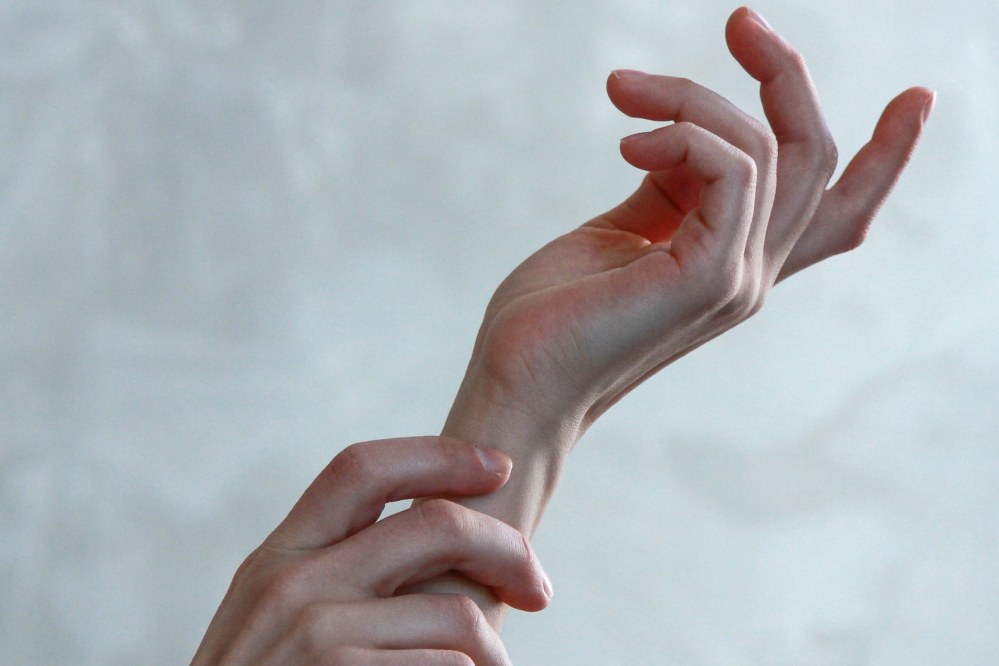
Consider Making Dietary Changes
If your child struggles with their weight, or if their diet currently features too many unhealthy snacks, it may be worth making some changes, as following a healthier diet can help with psoriasis symptoms.
Try and swap some of their snacks for healthier but equally delicious alternatives, to make sure their body is getting all the vitamins a child needs to be as healthy as possible and hopefully prevent their symptoms from breaking out again. It may also help if you encourage your child to keep a food diary, including anything they eat at school and at their friends’ houses, to see if there are any dietary triggers involved in some of their outbreaks.
Encourage Your Child to Exercise
As well as a balanced diet, exercise can also help with psoriasis, by strengthening the body from within; exercise also has positive psychological effects, boosting your child’s mood and distracting them from their symptoms.
Any kind of exercise can be beneficial, so encourage them to pursue their favourite activity, whether it’s football, dance, horse riding, or running. You could also try a new hobby out, such as golfing with your kid to get them active and outdoors. If your child usually loves to swim, the symptoms of psoriasis may put them off as they may fear the reactions of others. However, psoriasis sufferers are perfectly safe to swim alongside others, as is not a contagious condition; in fact, swimming can be beneficial, particularly in saltwater.
Unfortunately, uninformed parents, children, and even pool employees may not realise that psoriasis is not catching, so it’s important that you take action to prevent any unjust discrimination, which could make your child feel even worse about their condition. Whether this action consists of explaining the condition yourself or procuring a doctor’s note – being proactive in this way can help give your child’s confidence to keep pursuing their favourite hobby.
Try Different Topical Creams
There are a number of different creams, ointments, and lotions available which can help with the symptoms of psoriasis. However, because every person’s body is different, what works for one sufferer may not work for another, and vice versa, so a little trial and error may be in order to find the best treatment for your child.
Moisturising creams are a must-have when it comes to treating psoriasis, as they will help to combat the itchiness and soften the scaly plaques that are a hallmark of this condition. They can also be used alongside other types of lotion to help treat the plaques, although it’s best to apply the moisturiser first.
Vitamin D lotions or ointments are also recommended for psoriasis, although there is a limit to how much you can apply, so be sure to read the leaflet carefully before use. These ointments can also cause irritation, which is something to look out for.
Coal tar is another treatment that is frequently used for psoriasis. The obvious downside of tar is the resulting mess and smell; tar applications can also cause irritation in some people, so proceed with caution. However, coal tar can be greatly beneficial for easing inflammation and can also help with the scaliness caused by psoriasis.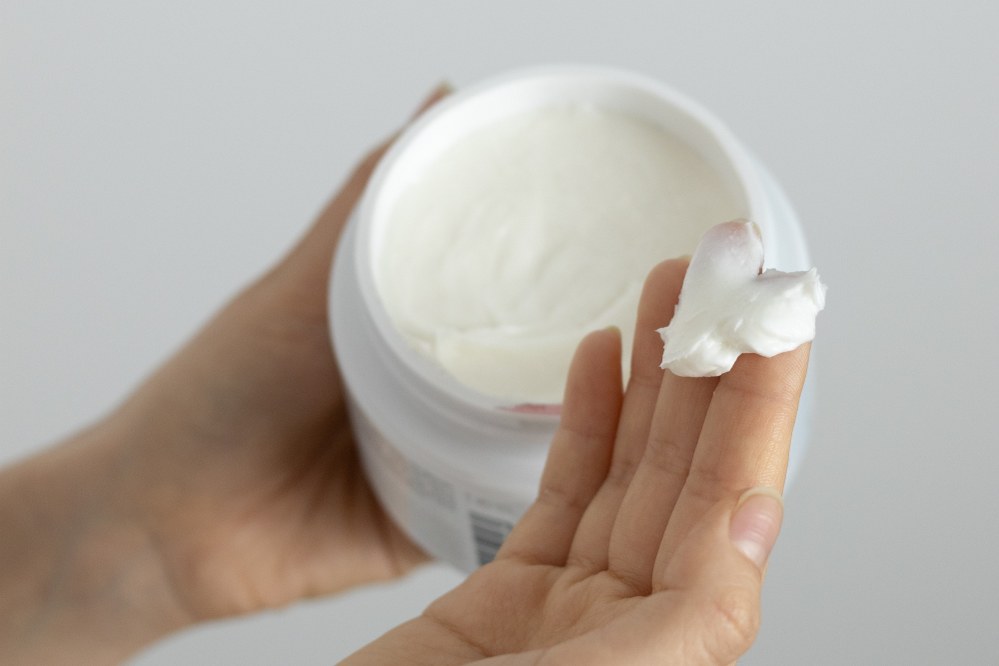
The Benefits of Sunshine
Sometimes one of the best remedies for psoriasis is also one of the simplest: sunlight. We all know that getting enough sunshine – in particular, vitamin D – is vital for staying mentally and physically well. But sunlight can also have other benefits, particularly for people suffering from mild to moderate psoriasis. This is because both UVA and UVB light can lessen the onslaught of the sufferer’s over-active white blood cells, which are responsible for the damaged cells and scaliness of psoriasis.
Unfortunately, for some sufferers too much sunlight can worsen their symptoms, so it may be best to avoid letting your child play outside when the sun is at its hottest, and don’t allow them to spend too long in the sun. Careful daily exposure to sunshine on the other hand may help to improve their symptoms and will also help their body in other ways, such as providing much-needed Vitamin D as well as boosting their immune system. This is particularly important as psoriasis is an autoimmune disease.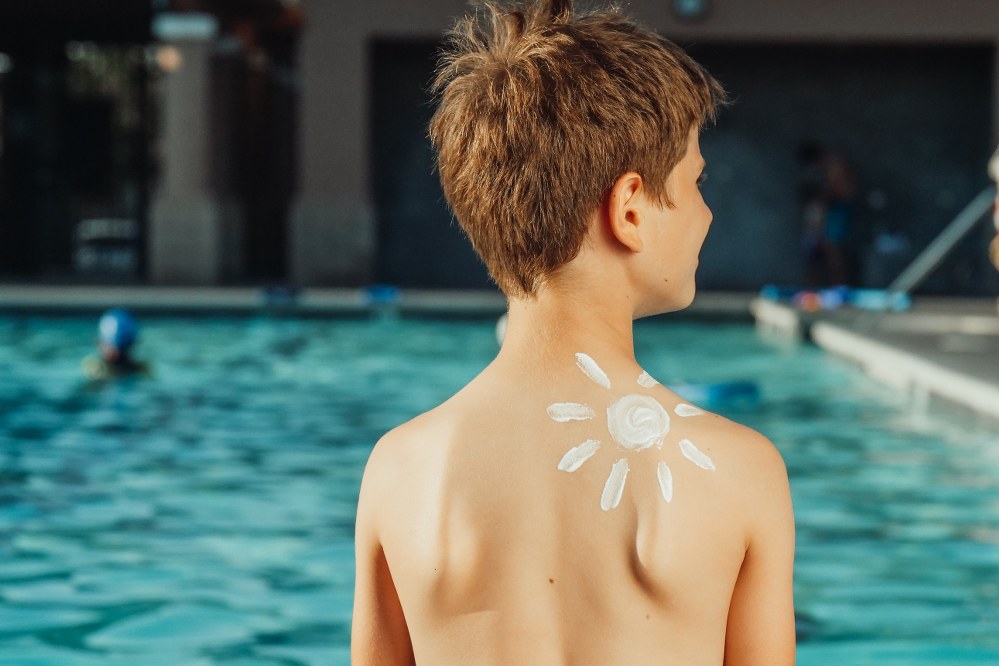
Help Your Child Psychologically
While it’s natural to want to focus on easing the physical symptoms of psoriasis, it’s important that you also pay attention to the possible emotional ramifications of the disease. Children who suffer from psoriasis can, unsurprisingly, become prone to depression and anxiety, as well as feelings of embarrassment, isolation, and even shame. These mental health problems can, in some cases, become as unpleasant and problematic as the physical effects of the condition, so it’s important to do all you can to help boost your child’s emotional well-being.
For example, it’s a good idea to encourage your child to have regular conversations with you about their feelings, or any negative experiences they may be having at school. Understanding how they are feeling and what they are dealing with can help you work with your child and come up with constructive ways to deal with situations as they arise.
If they reveal that they are being teased at school, it’s understandable that you will be upset. However, it’s important to be proactive and find ways to help your child cope with these kinds of unpleasant situations. You can ask if they would like you to approach the school and involve their teacher or even the head of the school, but if they would rather not go down this route, then you can teach them how to handle the behaviour of their classmates and hopefully nip the teasing in the bud.
Along the way, you should also do what you can to boost your child’s self-esteem. Constantly remind them how beautiful they are, and how much they are loved. It may also help to show them celebrities or personal icons who also suffer from the condition which will give them a fresh perspective. And don’t forget to work on your own mental health, a vital contributor to raising a happy and confident child.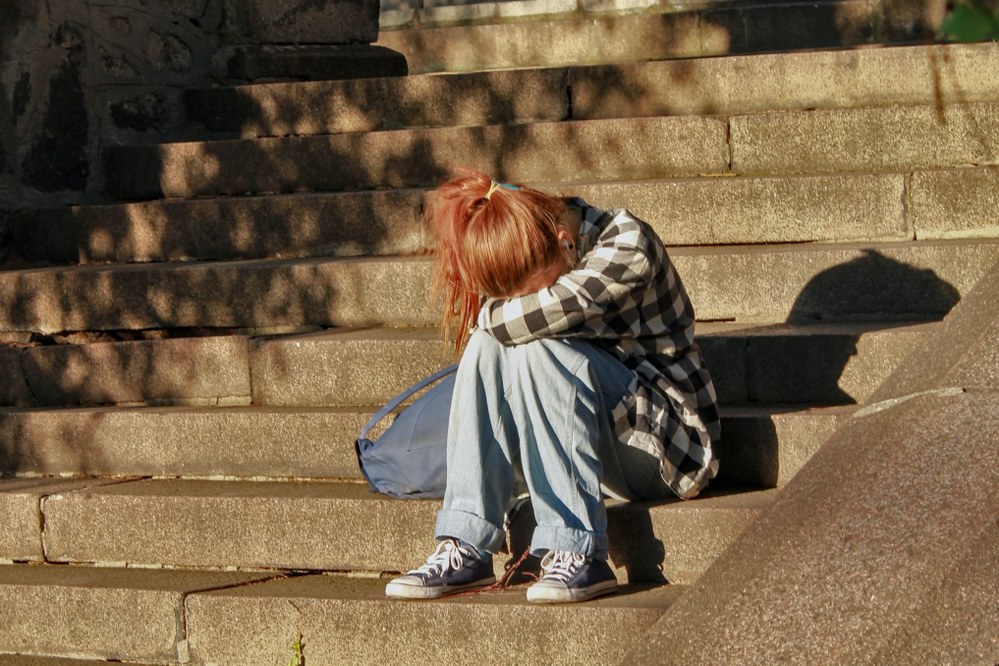
Finally, it can be greatly beneficial to introduce them to other sufferers, either online or at a local support group. Understanding that they are not alone and that many other children deal with the same disease can boost their confidence and reduce any feelings of isolation. They may even make some new friends along the way.
About the author:
We are the UK’s leading tour operator for single parent holidays abroad. Due to popular demand, we also offer singles holidays for the over 50s for those single mums and dads now have grown up children, and anyone else lacking a travel partner, be it on the slopes or to discover new destinations. For a hassle free holiday with a bunch of sociable solos, join one of our holidays for single parents or one of our solo trips for adults only.

